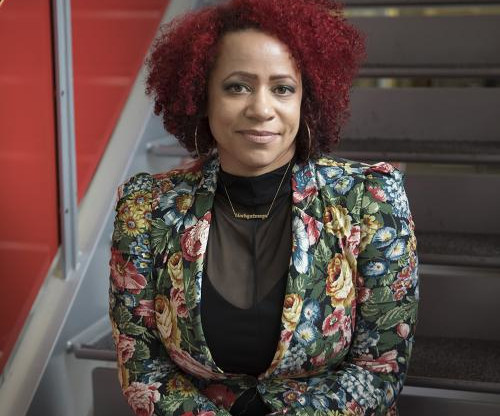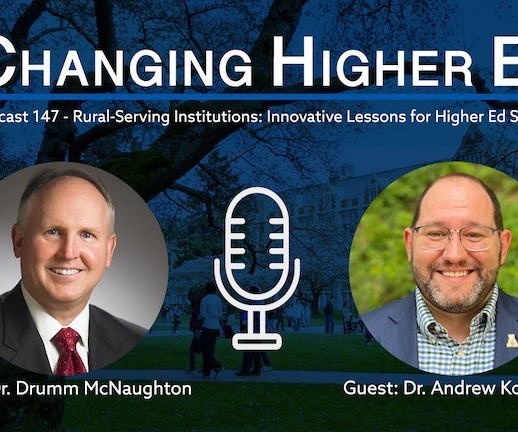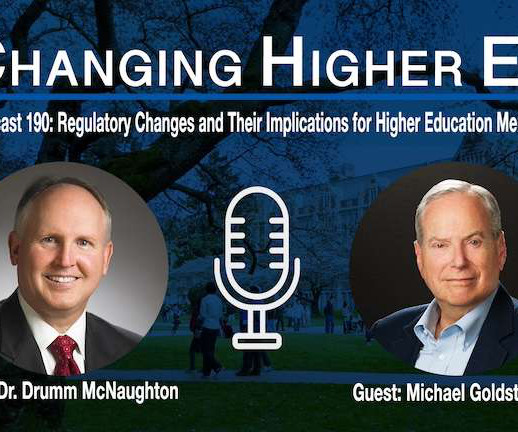Howard University Takes Affirmative Step, All HBCUs Need More Support
Diverse: Issues in Higher Education
AUGUST 16, 2023
And despite chronic and discriminatory under-funding, HBCUs have stood as the greatest driver of social and economic mobility of Black Americans in the country. HBCUs receive less than 1% of federal research funding and development grants, and less than their share of state and federal funding overall.











Let's personalize your content